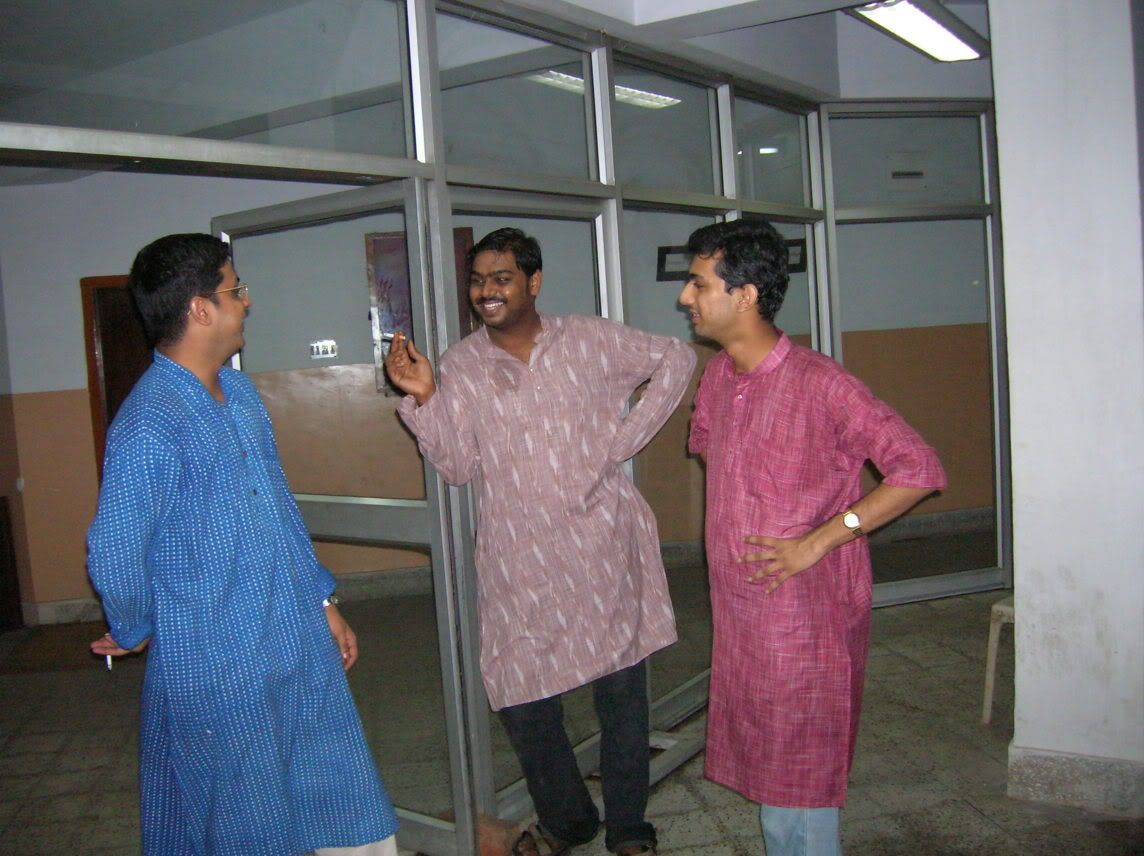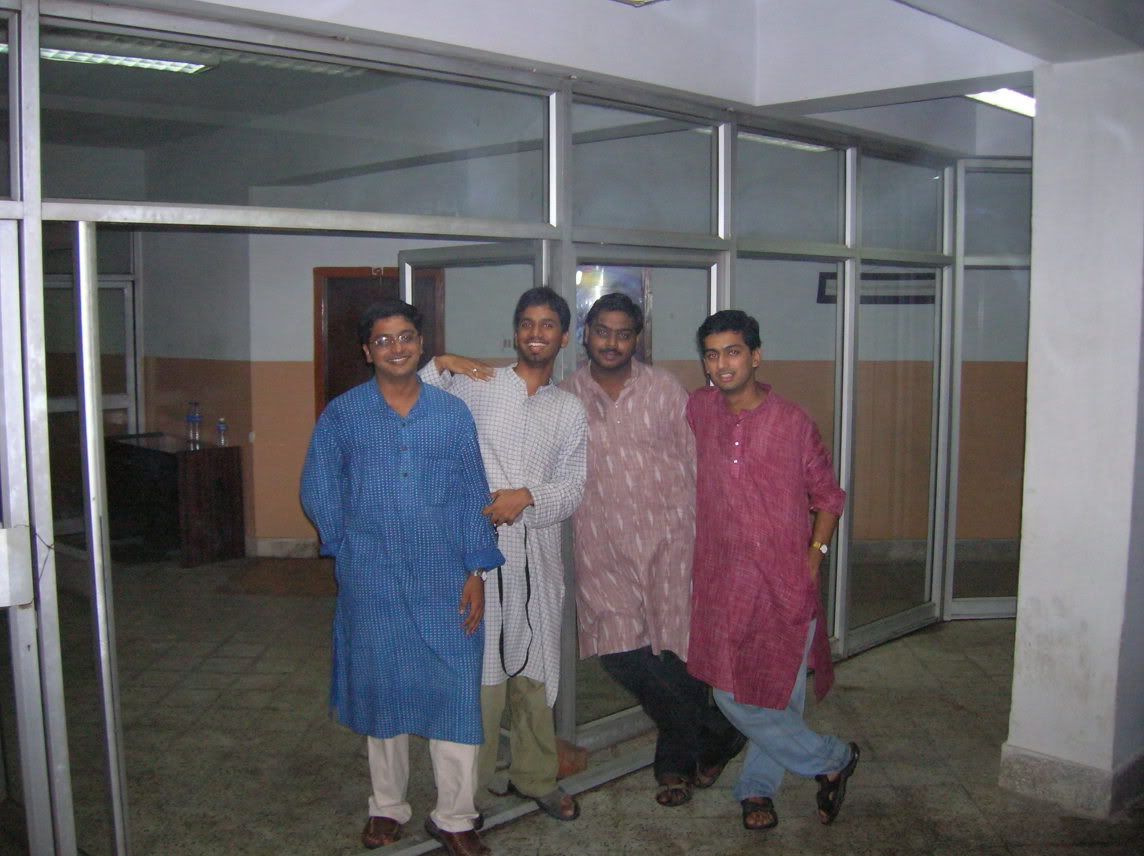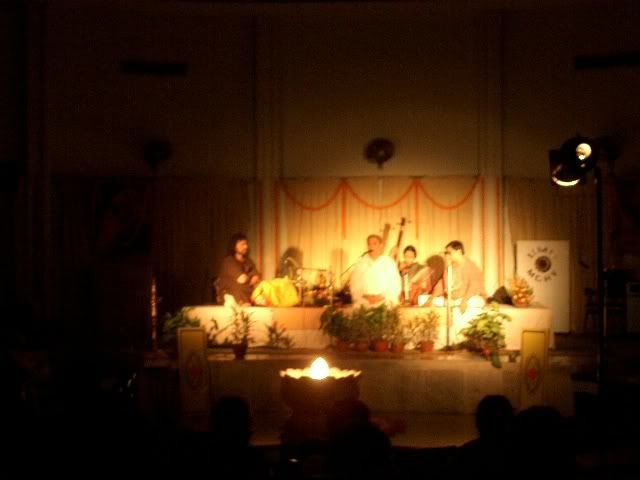Nine suggestions to improve Wharton's curriculumBy Ari M. Chester, WG '06
Has the caliber of Wharton's academic deteriorated? If so, is this problem unique to Wharton? Note the following excerpt from a recent Atlantic Monthly (March 2005) expose on higher education:
"It was hard work to get into Harvard, and then it was hard work competing for offices and honors and extracurriculars with thousands of brilliant and driven young people; hard work keeping our heads in the swirling social world; hard work fighting for... investment banking jobs... But the academics-the academics were another story."
Replace Harvard with Wharton. Sound familiar? Nevertheless, from discussions with MBA students from our peer schools, I am convinced the Wharton is not only rated the top business school, but also has an academic program which is unparalleled-as we will continue to be, if the administration addresses the following issues:
Core qualitative classes: One weakness has been classes like Leadership. Whether or not leadership can be taught, we could at least have meaningful readings. More than management theories, we should be reading books about leaders or by leaders. Perhaps Wharton could consult with the wealth of academic expertise in Penn's other graduate programs in structuring a curriculum that better reflects a more qualitative, or liberal arts, sensibility. We should be reading books like Siddhartha, by Herman Hesse, the novel of self-discovery about the Buddha. Short, easy to read, and classic, this book would allow for sincerely meaningful introspection, as well as imparting multicultural "global management" insights.
Integrating disciplines: Our classes are not well integrated, and we lack a general case-based class that teaches us how to broadly approach managerial problems. Typically the "answer" to a case is obvious, in the sense that we know which frameworks to apply (i.e., LTVC=marketing, Porter=strategy). The joint marketing and statistics project was an attempt to integrate classes in the core, but insufficient. We should have an interdisciplinary seminar class in the core, in Q4 of the first year or Q1 of the second year, where cases are given to which could be applied frameworks from all our classes.
Teamwork: Wharton prides itself for spearheading the learning team model. Working well with a team, undoubtedly a vital competency in today's business environment, oftentimes comes at the expense of individual learning. My learning team realized from the onset that an efficient team dynamic usually entailed separation of labor. Thus, the ex-consultant did the PowerPoints, the international students did the math, and I did the writing. Our learning team received the highest scores for the least amount of work, but our successful team dynamic sometimes came at the expense of individual learning. In structuring Wharton's curriculum, the faculty and administration must carefully weigh the balance-and sometimes conflict-between team dynamics and individual learning.
Participation and Preparation: Student preparation for class could be encouraged by a combination of cold calling, quizzes, and greater emphasis on class participation as a component of the grade. Cold calling is relatively atypical in core classes, yet ironically students appreciate the classes in which it occurs. Frequent, short quizzes are another way to keep students to task. Finally, class participation must have more weight. It should not be possible to sit through an entire semester, speak only once or twice (if even), and still pass.
Concert Rules: As the year ends, I find myself appreciative of concert rules. It is obnoxious, disruptive, and highly disrespectful when a student saunters in 20 minutes late with a cup of coffee. Why have the concert rules become little more than a memory of last semester? Because there are no substantial punitive consequences beyond "see me after class." Absenteeism is another endemic problem in some classes. Here is the solution: There should be a mandated QC, perhaps even NC, if students have more than one or two unexcused absences per semester. And teachers should take attendance every class-at the beginning of class.
Exams: We shouldn't still be taking written blue-book exams. Since 1994, students at HBS and Stanford have been taking written exams on personal computers (this was before laptops were mainstream). Sitting down to take a two-hour hand-written exam in a blue book is a joke. I'd almost rather QC a class than hurt my wrists and waste two hours scribbling illegible dribble that somehow will count for half of my grade.
Our exams are also too easy. In qualitative classes, they should require the unique application of frameworks (like in Marketing or Strategy) rather than mindless regurgitation of facts (like in Managing People at Work and BPUB). Also, exams in quantitative classes should not replicate those posted on webcafé from previous years. Students can avoid attending class and avoid doing coursework, yet study exams from previous years-and still pass!
Grade Disclosure: The faculty will soon vote on a proposal to add a second tier of honors encompassing the top 25% of the class, which undermines the student-initiated grade nondisclosure policy. If your resume doesn't list "top 25%" honors, recruiters know there's a likelihood that you are in the bottom half of the class. Grade disclosure is not the answer to Wharton's problems. It is a simplistic solution to problems that are more extensive. Arguably grade disclosure would further degrade academics. It would discourage students from taking more challenging electives, and it would attenuate our collaborative spirit.
Extracurricular activities: Conventional wisdom suggests that we face a tripartite-Matrix of which Wharton students must choose two at most: recruiting, social, and academics. In managing our priorities, sometimes we neglect academics. One suggestion is to increase capacity in the leadership ventures, which are opportunities for in-depth involvement during our breaks. Decreased costs, as well as scholarships, will further encourage participation.
Hunstman Hall: The devil is in the details. Most Wharton students, commuting from Center City, are hard-pressed to find study space at Hunstman. Our study lounge has insufficient capacity to accommodate even a fraction of demand. One half-hearted solution has been opening up vacant classroom space, yet an empty classroom is not well suited for individual study. In future years, major capital renovations will be needed.
In conclusion, the problem is not always the student. Despite concerns about regressive academic trends, my MBA education has lived up to my expectations-and socially, my MBA experience has exceeded my expectations. It is time for the faculty and administration to catch up with the students.








